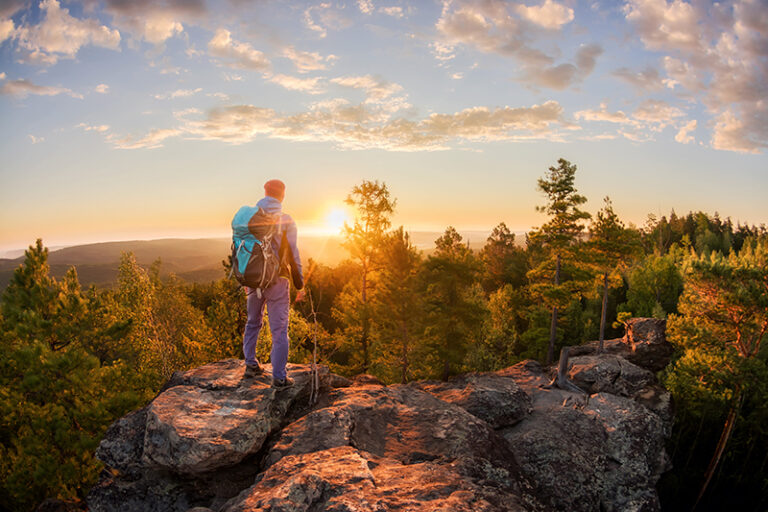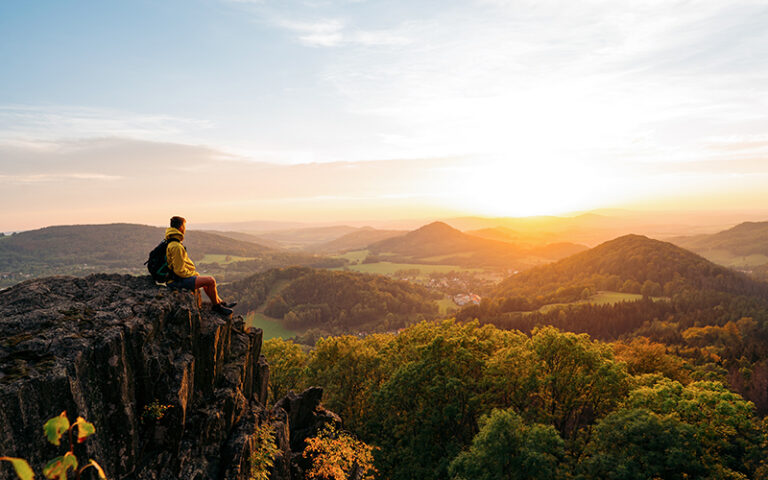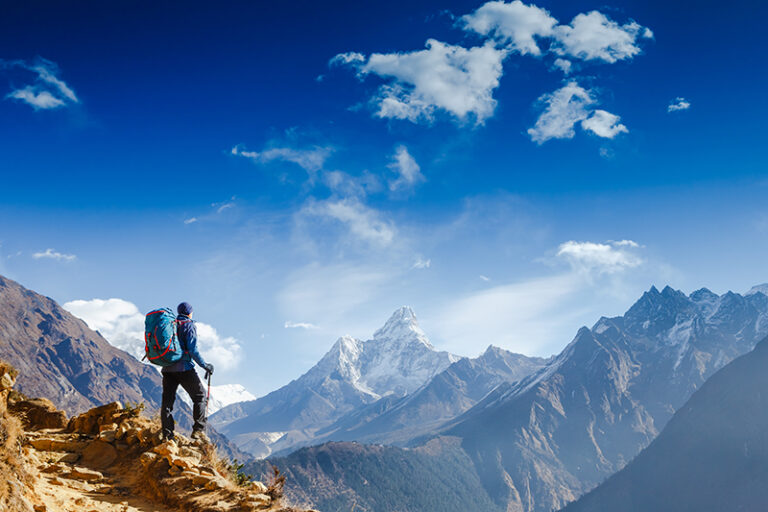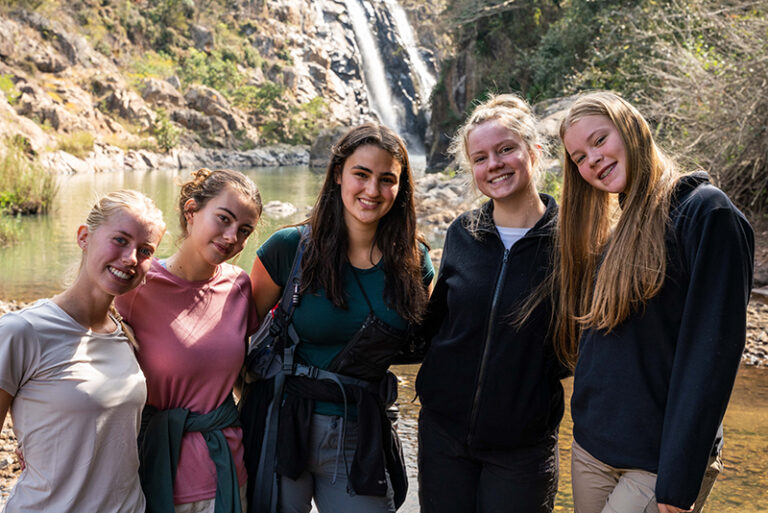In today’s dynamic educational landscape, student expeditions stand out as pivotal experiences that transcend traditional learning paradigms. Offered by organisations like World Challenge, these journeys are not merely explorations of the world but deep dives into the inner self.
Expeditions offer an exceptional learning canvas, where each step taken in a foreign land parallels strides in personal growth and understanding. This unique learning environment, blending adventure and cultural immersion, provides fertile ground for the development of crucial life skills. Central to this is self-reflection, a process where students critically examine their thoughts, emotions, and experiences. It serves as a pillar for personal development, enhancing decision-making and emotional intelligence. As students encounter various challenges, both physical and cultural, self-reflection helps them process their experiences, leading to a deeper understanding of themselves and their place in the world.
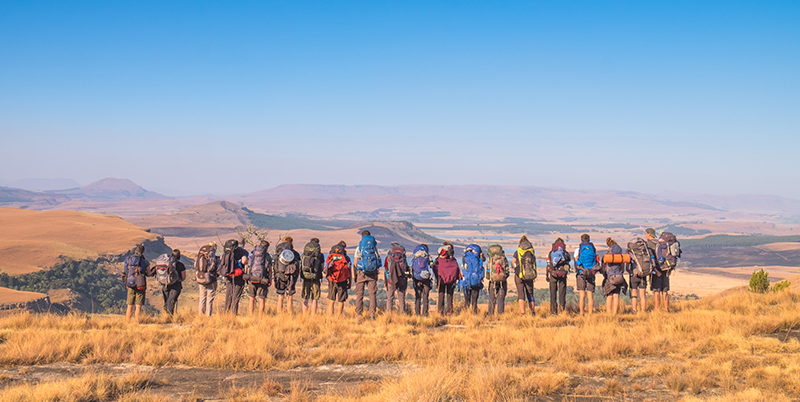
Enhancing Critical Thinking and Emotional Growth
Self-reflection is a catalyst for developing critical thinking and emotional maturity. It encourages students to analyse and interpret their experiences, leading to more informed decisions and innovative problem-solving. This reflective process is not confined to intellectual development; it significantly contributes to emotional growth. Students learn to understand and manage their feelings, developing resilience in the face of adversity and empathy towards others. These skills, cultivated in the diverse and often challenging environments of expeditions, are essential for students’ academic and personal success.
Fostering Cultural Sensitivity and Global Citizenship
Exposure to diverse cultures during expeditions is a gateway to fostering cultural sensitivity and global citizenship. Self-reflection allows students to process these cultural interactions deeply, leading to an appreciation of diversity and an understanding of global interconnectedness. This aspect of expeditions is crucial in today’s global society, as it prepares students to thrive in multicultural environments and fosters respect and empathy for different ways of life.
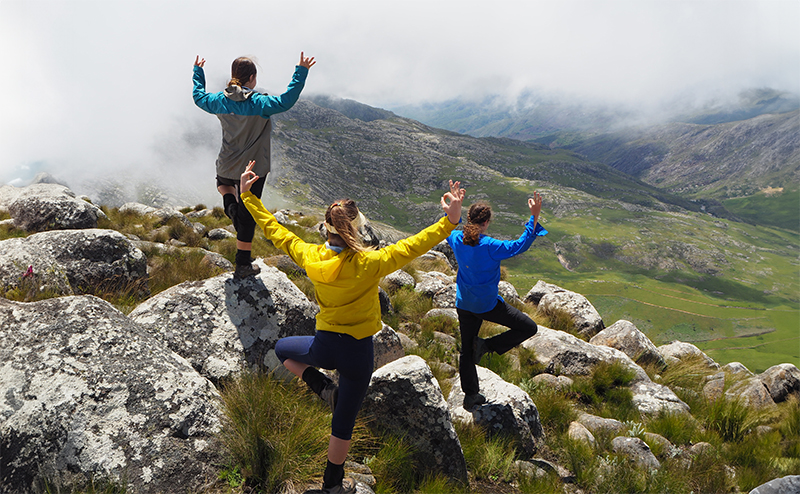
The Role of Teachers and Parents in Facilitating Self-Reflection
Teachers and parents play a critical role in nurturing the habit of self-reflection. They can encourage students to engage in reflective practices by initiating discussions, providing reflective tools such as journals, and guiding them through structured reflection activities. Emotional support is equally vital; creating a safe and supportive environment allows students to freely express and process their emotions. By actively facilitating these practices, educators and parents can significantly enhance the developmental benefits of student expeditions.
Long-Term Impact of Self-Reflection
The benefits of self-reflection extend far beyond the duration of the expedition. It lays the foundation for lifelong learning and self-improvement. Students develop the habit of regularly examining their life experiences, a skill that is invaluable in their future personal and professional lives. This ongoing practice of reflection helps them navigate life’s challenges with greater awareness and adaptability.
Self-reflection during expeditions also helps students broaden their perspectives, challenging preconceived notions and biases. It encourages a mindset of openness and curiosity, essential for personal growth and learning. Through self-reflection, students gain insights into different ways of living and thinking, which can profoundly influence their attitudes and values.
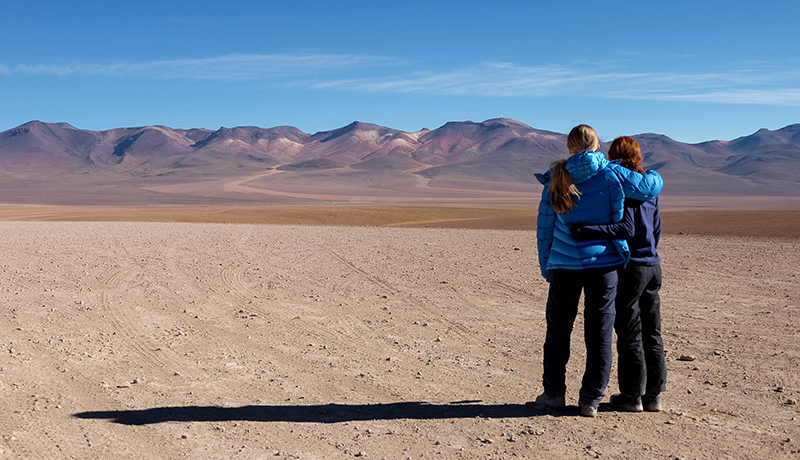
To conclude, self-reflection is not just a component of student expeditions; it’s the heartbeat. It transforms these journeys from mere physical travel to profound personal journeys. By facilitating self-reflection, educators and parents can help students unlock the full potential of these experiences, ensuring they embark on a path of not just exploring the world but also discovering themselves. The lessons learned and the growth attained through these reflective practices resonate long after the expeditions, shaping students into thoughtful, empathetic, and well-rounded individuals.
Written by Alan Ward
Images by Thom Bell & our Travellers

